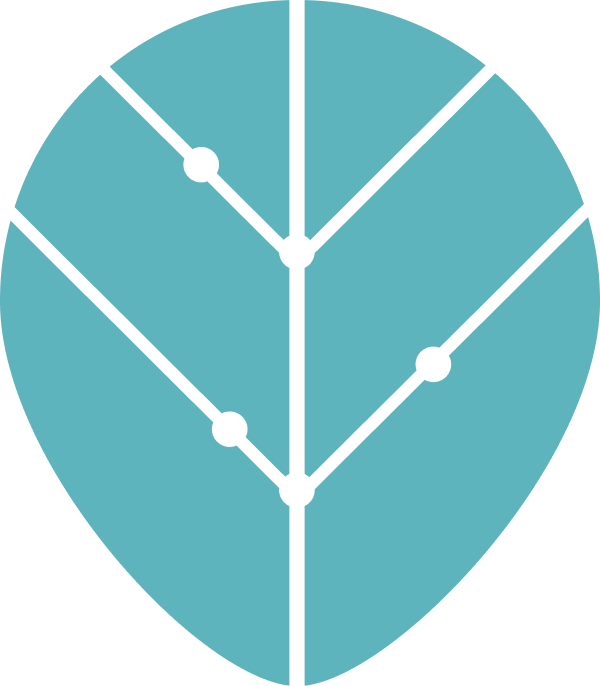Almost all companies do an exit interview when an employee leaves, asking about the employee’s experience, what worked, and what didn’t work. But what if managers understood these factors when it could make the biggest impact: on the employee’s first day instead of their last? That’s the idea behind the Entry Interview.
The Entry Interview is a conversation between a manager and a new hire on the new hire’s first day. And it starts by asking “what are the things that are most important to you outside of work and how can I support you in them?”
For parents, it might be taking a child to school. For others, it might be logging off at a certain time one night a week for a fitness class. Whatever it is, we all have things in our lives outside work that help us thrive – and the Entry Interview is an effective way for new hires and managers to get on the same page and set expectations right away.
And there’s no better time to be thoughtful about how you work best than when starting a new job. That’s because of something psychologists call the “fresh start effect” — the motivational boost we experience after reaching a milestone or landmark, like birthdays, anniversaries, or the start of a new year. A fresh start primes us to set new goals and build better habits, and the Entry Interview gives you a chance to do it in collaboration with your new manager.
Here are a few questions to ask yourself ahead of your Entry Interview to have a productive conversation with your manager about your priorities, goals, and boundaries in your new role. Over time, you can return to these questions to see how your needs change as your role evolves.
What’s important to you outside of work and how can your manager support you?
In order to be successful, we need to bring our whole selves to work. Part of that means knowing what’s valuable to you outside of your career and asking your manager for the support you need to focus on what matters most.
What helps you thrive?
Is it logging off from work at a certain time each day to take care of a loved one? Taking an actual lunch break? Whatever it is, your answer to this question can help your manager understand how you recharge your batteries.
Are there any areas of your life that you’d like your manager to do their best to protect or work around?
Especially when starting a new job, it can be tempting to make yourself available at all times, but taking time to recharge is vital to stopping burnout before it starts. Let your manager know any boundaries you have around personal, family, or recharge time – and how they can support you in maintaining these boundaries.
What is your preferred work style?
Do you like to carve out time on your calendar for focused work, or take 20 minutes in the morning to tackle your inbox? Do you like to check in frequently throughout the day, or touch base as-needed? This information will help your manager determine how best to work with you and help you flourish in your new role. Remember, your manager will have their own work style, but you can start the conversation by being open about how you work best.
What makes you feel stressed, drained, or frustrated at work?
Think about times you felt burned out in past jobs or personal situations. If you can identify the things that add to your stress levels early on, you and your manager can proactively work together to prevent them from happening.
How do you like to communicate? If something is urgent, what’s the best way to reach out?
Would you rather hop on the phone than type out your message in a detailed email? Do you prefer messaging platforms like Teams and Slack? Think through the communication methods and channels that help you do your best work, so you can let your manager know.
Is there anything else you want your manager to know about you and how they can best support you?
This is your time to let your manager know about what kind of person you want to be at work, not just what you want to do. Give some thought to any information your manager should have that will help set you both up for success as you embark on this new phase of your career.
For more on the Entry Interview, watch a clip from our newest course, Thriving Onboarding, below.


